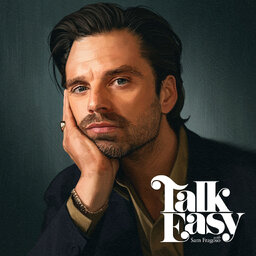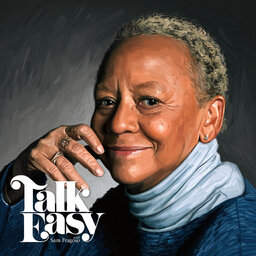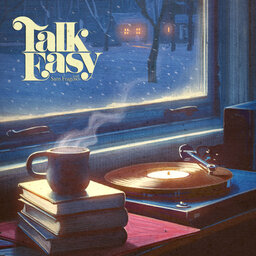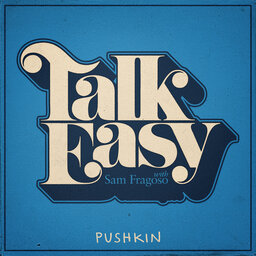Composer Ludwig Göransson (‘Oppenheimer’) Can Hear the Music
For over a decade, composer and record producer Ludwig Göransson has created some of the defining music of our time. This week, he sits with Sam to discuss his latest work in Oppenheimer.
At the top, Göransson describes the collaborative process with director Christopher Nolan (6:48), the instrument at the heart of the film (9:30) and its hauntingly beautiful theme (11:06). Then, we walk through Ludwig’s instinctive approach to making music (13:07), his coming of age in Sweden (15:20), and the influence of Metallica and Danny Elfman (18:51).
On the back-half, Ludwig reflects on his early years in Los Angeles (24:56), finding kinship with director Ryan Coogler (27:55) and polymath Donald Glover (34:53), and how he slowly began to understand his voice (38:21). To close, he shares how his process has evolved from Black Panther to Oppenheimer (42:30), the potential impact of AI on the music industry (44:58), and what he hopes for in the years ahead (49:15).
In 1 playlist(s)
Talk Easy with Sam Fragoso
Talk Easy with Sam Fragoso is a weekly series of intimate conversations with artists, activists, and…Social links
Follow podcast
Recent clips

The Year of Actor Sebastian Stan (‘The Apprentice’)
1:16:35

Remembering Poet Nikki Giovanni
44:21

Talk Easy in 2024: A Mixtape
58:40
 Talk Easy with Sam Fragoso
Talk Easy with Sam Fragoso